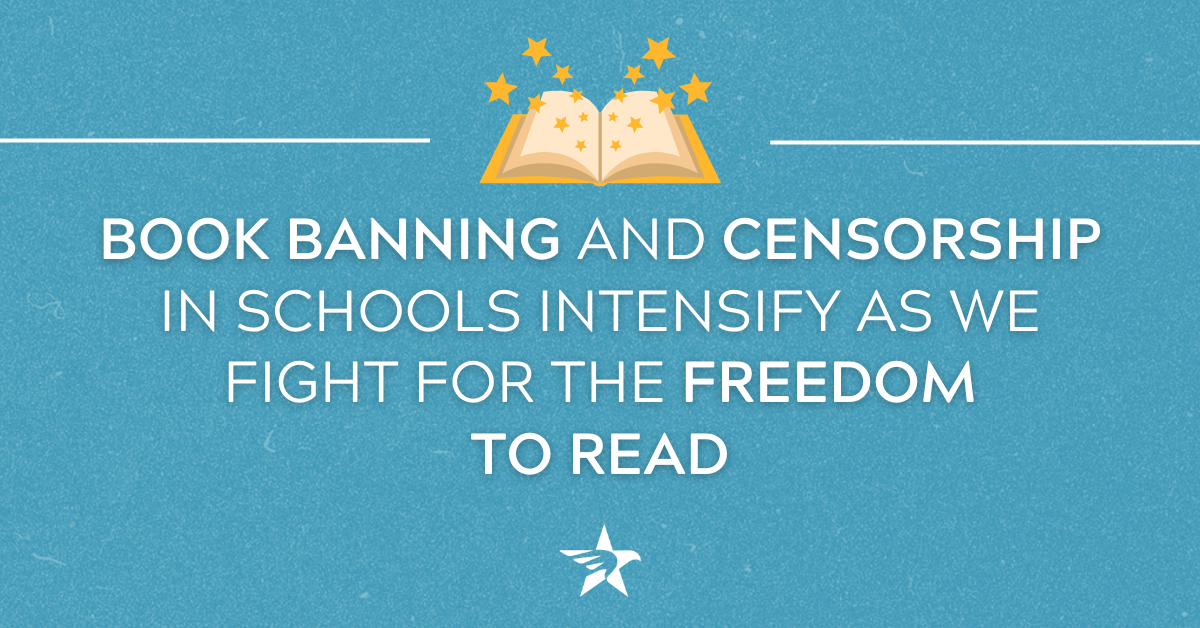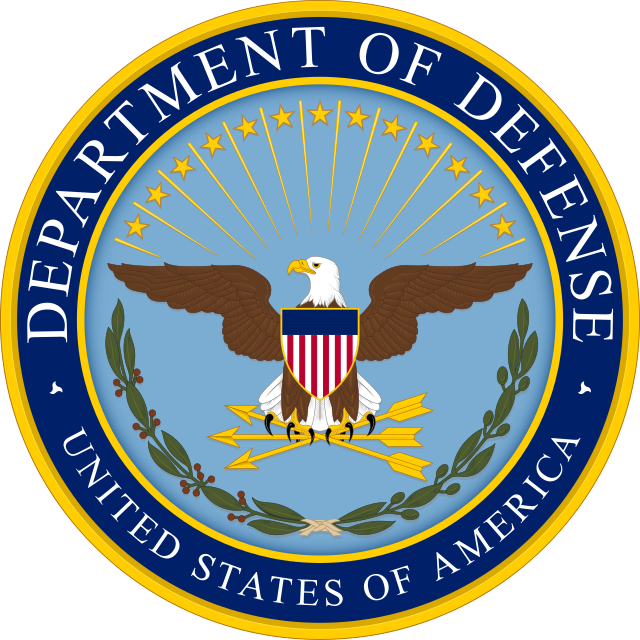In a significant legal development, a federal judge has ruled that the Department of Defense (DOD) must restore banned books in five schools located at military installations across the United States. This decision comes as part of a broader national debate over censorship in education, with implications for students, educators, and the right to free expression.
The Background of the Case

The lawsuit, E.K. v. DoDEA, centers on the removal of over 600 books from Department of Defense Education Activity (DoDEA) schools. These books were removed following executive orders issued by former President Donald Trump, which targeted content related to gender, race, and sexuality. Among the banned titles were works such as An ABC of Equality by Chana Ginelle Ewing, the Heartstopper series by Alice Oseman, and You Call This Democracy? by Elizabeth Rusch.
The judge’s ruling was based on the argument that these book bans violated the First Amendment rights of students, particularly those attending schools on military bases. The case also drew attention due to its connection with PEN America’s ongoing efforts to combat book banning across the country.
Key Players and Organizations
PEN America, a leading organization focused on defending freedom of expression, played a critical role in this case. Its Freedom to Read Program Director, Kasey Meehan, praised the ruling as a “solid first step” in protecting students’ right to read. The organization has long been vocal about the increasing trend of book bans, highlighting how executive orders have been used to justify the removal of literature deemed controversial.
Another key figure in this story is actress Julianne Moore, who recently revealed that her 2007 children’s book, Freckleface Strawberry, had been banned from DoDEA schools. In a post on Instagram, Moore expressed her shock and disappointment, calling the ban “a great shock” and questioning what could be “controversial” about a story about embracing one’s differences.
The Legal Ruling and Its Implications

Judge Patricia Giles of the Eastern District Court of Virginia granted a preliminary injunction against the book removals, stating that the DOD’s actions were inconsistent with the constitutional rights of students. The ruling applies to five schools located in Quantico, Virginia; Aviano, Italy; Fort Campbell, Kentucky; and Japan.
This decision is significant not only for the affected schools but also for the broader conversation about censorship in education. It sets a precedent that may influence future cases involving similar issues, especially as new administrations continue to push policies that restrict access to certain types of literature.
The judge cited previous rulings in the Escambia County, FL School Board case, emphasizing the importance of standing and the government speech doctrine in determining whether the DOD’s actions were lawful.
The Role of Executive Orders
The book bans were justified under several executive orders issued by the Trump administration, including:
- “Ending Radical Indoctrination in K-12 Schooling”
- “Defending Women From Gender Ideology Extremism”
- “Ending Radical And Wasteful Government DEI Programs And Preferencing”
These orders aimed to limit what the administration viewed as “ideological” or “radical” content in schools. However, critics argue that these policies are an overreach that suppresses diverse perspectives and undermines educational freedom.
PEN America’s report, The Normalization of Books Bans, highlights how such executive orders have contributed to a growing trend of censorship in public schools. The report underscores the need for legislative action to prevent future book bans and protect students’ access to a wide range of materials.
The Broader Context of Book Banning

The issue of book banning is not limited to military schools. Across the U.S., there has been a surge in attempts to remove books from school libraries and curricula, often targeting works that address topics such as race, gender, and sexuality. According to the American Library Association, the number of book challenges has increased significantly in recent years, with many states enacting laws that restrict what can be taught in classrooms.
Julianne Moore’s experience highlights how even well-known authors can find their work censored, raising concerns about the impact on students who may not have access to diverse voices and perspectives. Her book, Freckleface Strawberry, is a semi-autobiographical story about a young girl learning to accept her differences, a message that many see as both empowering and essential for young readers.
Public Reaction and Calls for Action
The news of the book bans sparked widespread outrage among educators, parents, and celebrities. Julianne Moore received support from fellow actors such as Debi Mazar, Andy Cohen, and Naomi Watts, who criticized the decision as “horrific,” “absurd,” and “insane.”
PEN America also weighed in, condemning the move as another example of the Trump administration’s “flippant and autocratic approach to K-12 education.” The organization has called for stronger protections against censorship, including the passage of the Stop Censoring Military Families Act, which would reinstate all banned books and prevent future restrictions on school curricula.
What’s Next?

While the court’s ruling is a victory for the plaintiffs in E.K. v. DoDEA, it is limited to the five schools involved in the case. The Stop Censoring Military Families Act remains a key legislative goal for organizations like PEN America, as it would provide broader protection for students across all DoDEA schools.
For now, the focus remains on ensuring that students have access to a wide range of literature and that educational institutions uphold the principles of free expression. As the debate over censorship continues, the outcome of this case serves as a reminder of the importance of vigilance in defending intellectual freedom.
Conclusion
The Dod Banned Book Lawsuit represents a critical moment in the ongoing battle against censorship in education. The court’s decision to restore banned books reflects a commitment to protecting students’ rights and upholding the values of free expression. While the ruling is limited in scope, it sets an important precedent and highlights the need for continued advocacy against book banning.
As the conversation around education and censorship evolves, it is crucial for policymakers, educators, and the public to remain engaged and informed. The right to read should not be determined by political agendas but by the needs and interests of students.
Author Section
Author: Sarah Thompson
Title/Role: Senior Investigative Journalist
Credentials: With over a decade of experience covering education policy and civil liberties, Sarah has reported on major developments in the fight against book bans across the United States. She has contributed to multiple publications, including The New York Times and Education Week.
Profile Link: LinkedIn Profile
External Sources
- PEN America – About Us
- American Library Association – Book Challenges
- Department of Defense Education Activity – Official Site
Internal Links
- Understanding the Rise of Book Banning in U.S. Schools
- How Executive Orders Impact Education Policy
- Celebrity Voices Against Censorship
Final Thoughts
The Dod Banned Book Lawsuit is more than just a legal case—it is a reflection of the larger struggle for intellectual freedom in America. As the nation grapples with questions of censorship, education, and the role of government in shaping curriculum, the voices of students, educators, and advocates will play a vital role in determining the future of reading and learning.
Stay updated with the latest news and join the conversation on the importance of free expression in education.











More Stories
US Trending News: The ‘Your Mom’ White House: A Trendy Take on Political Humor
US Trending News: Who Is Karoline Leavitt, ‘Your Mom’ in Political Memes?
Understanding ‘You Got That Right’ in The New York Times: Context and Implications